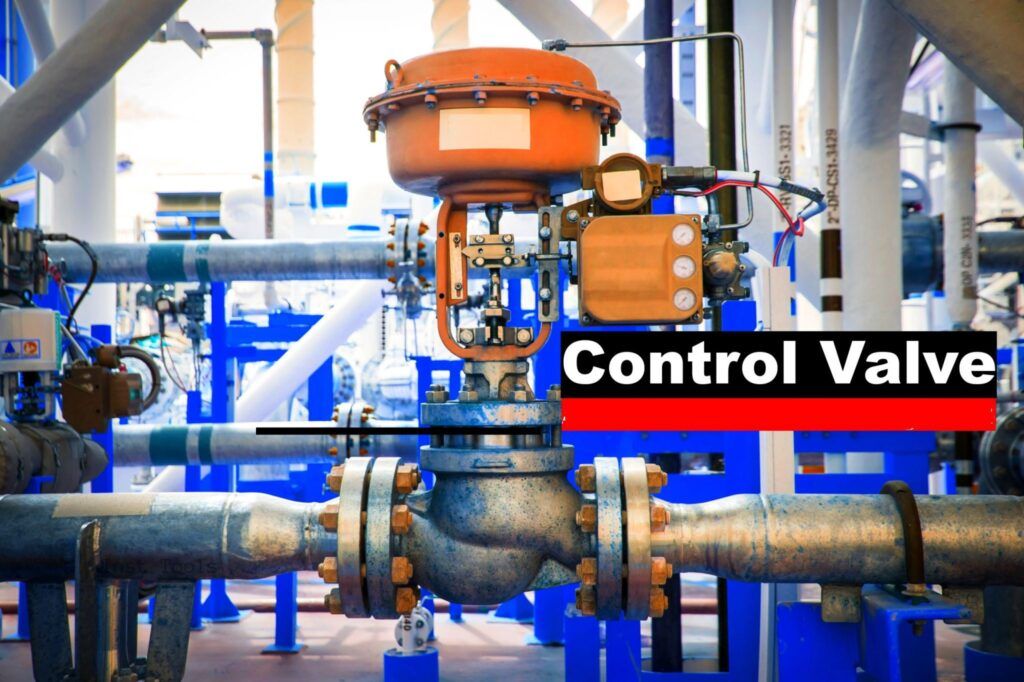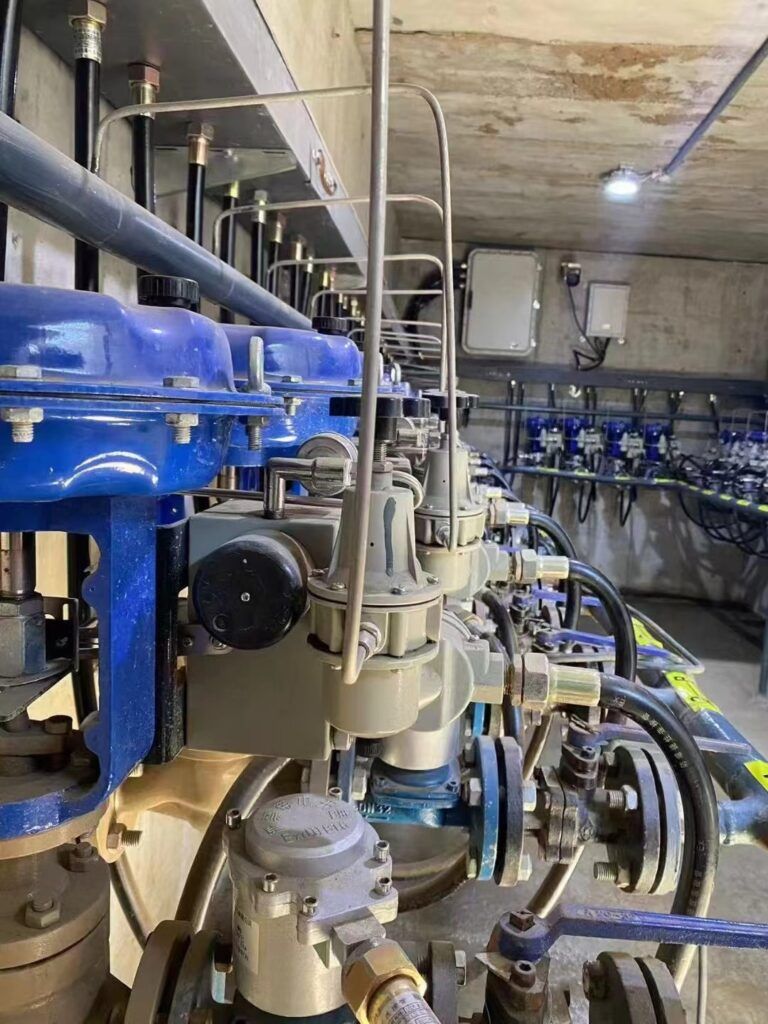BLOG
Injap DELCO Menyediakan Pelbagai Penyelesaian Optimum Untuk Injap Perindustrian, Terutamanya Untuk Injap Kawalan.
TAG
Hubungi Kami
Pneumatic Control Valves in Environmental Protection
- Pagi Jiang
Pneumatic control valves are essential components in modern environmental protection practices, offering precise control over liquid and gas flows in various applications. Their robust performance is critical in sectors such as wastewater treatment, gas emission control, sewage management, waste handling, and water resources management. This guide explores the extensive applications and benefits of pneumatic control valves, emphasizing their pivotal role in safeguarding the environment.
1. Wastewater Treatment
In wastewater treatment facilities, pneumatic control valves are crucial for regulating the flow of liquids throughout the treatment process. These valves ensure that wastewater is effectively treated to remove contaminants and meet discharge standards. By controlling flow rates and pressures, pneumatic control valves optimize aeration, sedimentation, and chemical dosing processes. This precision helps reduce environmental pollution and ensures compliance with regulatory requirements.
Benefits of Pneumatic Control Valves in Wastewater Treatment:
- Enhanced Efficiency: They improve the performance of wastewater treatment plants by maintaining consistent flow rates and pressures.
- Regulatory Compliance: Pneumatic control valves ensure that treated wastewater meets environmental discharge standards, minimizing pollution.
- Operational Cost Savings: Efficient control reduces energy consumption and lowers operational costs.
2. Gas Emission Control
In industrial processes, pneumatic control valves play a key role in managing gas emissions. These valves regulate the flow and temperature of gases in emission control systems such as scrubbers and precipitators. By controlling exhaust gases from chimneys or stacks, pneumatic control valves help prevent air pollution and ensure that emissions remain within regulatory limits.
Benefits of Pneumatic Control Valves in Gas Emission Control:
- Pollution Reduction: They help limit the release of harmful gases, protecting air quality.
- System Efficiency: Pneumatic control valves enhance the effectiveness of emission control systems through precise flow and temperature management.
- Regulatory Adherence: These valves ensure compliance with air quality regulations and standards.
3. Sewage Treatment
In sewage treatment systems, pneumatic control valves are vital for managing the various stages of treatment, including mixing, sedimentation, filtration, and disinfection. By regulating the flow of sewage and treatment chemicals, these valves ensure that water quality meets regulatory standards. Effective sewage treatment protects natural water bodies and supports the health of aquatic ecosystems.
Benefits of Pneumatic Control Valves in Sewage Treatment:
- Improved Water Quality: They ensure effective sewage treatment, preventing contamination of water bodies.
- Reliable Operation: Pneumatic control valves provide consistent control over complex treatment processes.
- Compliance with Regulations: These valves help meet environmental regulations for sewage treatment.
4. Waste Management
In waste management facilities, pneumatic control valves are used to regulate the flow of waste materials through various stages of processing. They help control the movement of waste through conveyors, shredders, and sorting systems, optimizing waste handling and processing efficiency. Proper management of waste flow minimizes soil and water pollution.
Benefits of Pneumatic Control Valves in Waste Management:
- Efficient Waste Handling: Pneumatic control valves streamline waste movement, enhancing processing efficiency.
- Pollution Prevention: They prevent soil and water contamination by ensuring proper waste treatment.
- Improved Facility Operations: These valves support smooth operation in waste management facilities, reducing maintenance needs.
5. Water Resources Management
Pneumatic control valves are essential for managing water resources in reservoirs, rivers, and wells. They regulate water flow and levels to ensure efficient resource management. By controlling water distribution, these valves play a critical role in addressing issues such as drought and water scarcity, ensuring a reliable water supply for various uses.
Benefits of Pneumatic Control Valves in Water Resources Management:
- Optimized Water Distribution: Pneumatic control valves ensure effective management of water flow and levels.
- Drought Mitigation: They help address water scarcity by controlling water allocation.
- Sustainable Management: These valves support sustainable practices in water resource management.
Kesimpulan
Pneumatic control valves are indispensable in the environmental protection industry due to their ability to monitor and regulate fluid flows accurately. Their applications in wastewater treatment, gas emission control, sewage management, waste handling, and water resources management highlight their importance in maintaining environmental sustainability and regulatory compliance.
Understanding the diverse applications and benefits of pneumatic control valves helps organizations make informed decisions about their environmental strategies. These valves play a crucial role in protecting natural resources and ensuring effective environmental management.
For more information about pneumatic control valves and their applications, or if you have specific queries, please contact us. We are here to provide expert advice and support to meet your environmental protection needs.



